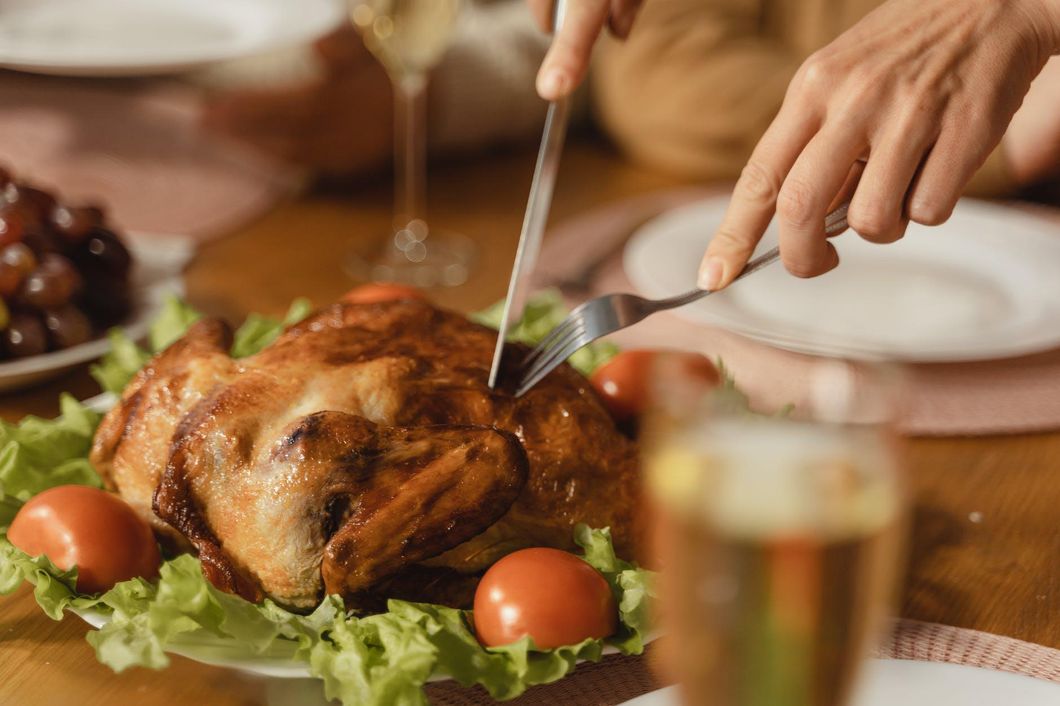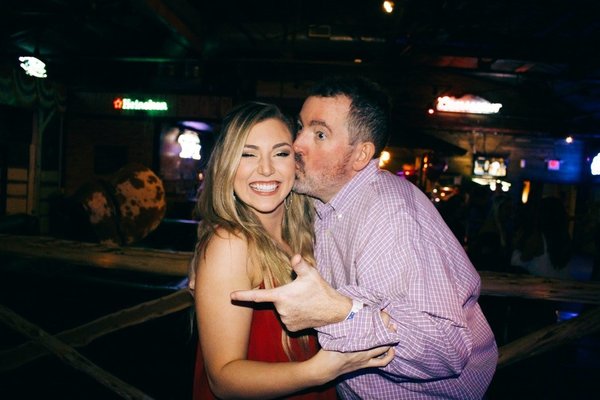Everyone knows that Thanksgiving means turkey and that it is the last Thursday of November. But did you know that there was a "Franksgiving"? Here are seven fun facts about Thanksgiving:
1. Original Thanksgiving food
When people think about Thanksgiving, they usually think of turkeys, pumpkin pie, and stuffing. However, when the pilgrims first arrived to the colonies, they didn't have those Thanksgiving treats. Before the first Thanksgiving, Pilgrims were actually eating lobster, seals and swans. Yum!
2.The first Thanksgiving
After barely surviving their first winter, the pilgrims encountered Squanto, who taught them to grow corn, identify poisonous plants, and catch fish. November of 1621 was the pilgrims' first successful harvest, and Governor William Bradford invited nearby Native American allies for a feast. This first Thanksgiving actually lasted for three days; talk about a long weekend!
3. Declaring Thanksgiving a national holiday
Thanksgiving has always been an important holiday for Americans, even from the start of our nation. Thanksgiving was first acknowledged by the US government in 1789 when George Washington issued a proclamation calling Americans to express their gratitude for the end of the American Revolution and the ratification of the US Constitution. John Adams and James Madison followed his example, and also assigned days of thanks during their presidencies.
4. States' recognition of Thanksgiving
Though people know Thanksgiving as a national holiday, it was actually first recognized by individual states before becoming a federal day off. New York was the first state to officially adopt an annual Thanksgiving holiday, in 1817. Thanks, New York!
5. The "Mother of Thanksgiving"
Everyone knows "Mary Had a Little Lamb". The author of this nursery rhyme, Sarah Josepha Hale, was a huge proponent of establishing Thanksgiving as a national holiday. For 36 years, she wrote letters to senators and presidents, as well as publishing several editorials. For her hard work, she is known as the "Mother of Thanksgiving".
6. Thanksgiving as a unifying holiday
Thanksgiving was officially declared a national holiday at a moment where it was most needed: at the height of the Civil War. In 1863, Abraham Lincoln issued a proclamation asking Americans to pray to God to "heal the wounds of the nation". If any holiday can attempt to mend relations, perhaps it is Thanksgiving.
7. "Franksgiving"
Thanksgiving has always been held on the final Thursday in November since being declared a national holiday, except for a gap during 1939 and 1940. Intending to boost retail sales during the Great Depression, Franklin D. Roosevelt moved Thanksgiving up a week. This decision was heavily opposed, and was termed "Franksgiving". Roosevelt righted his wrong in 1941, when he signed a bill establishing Thanksgiving as the fourth Thursday in November.


















